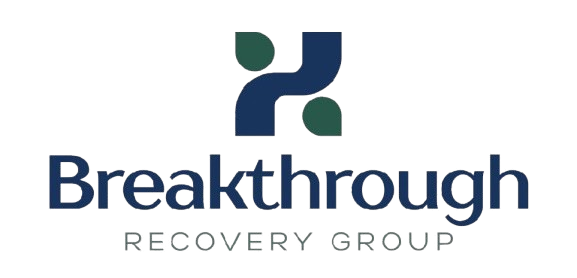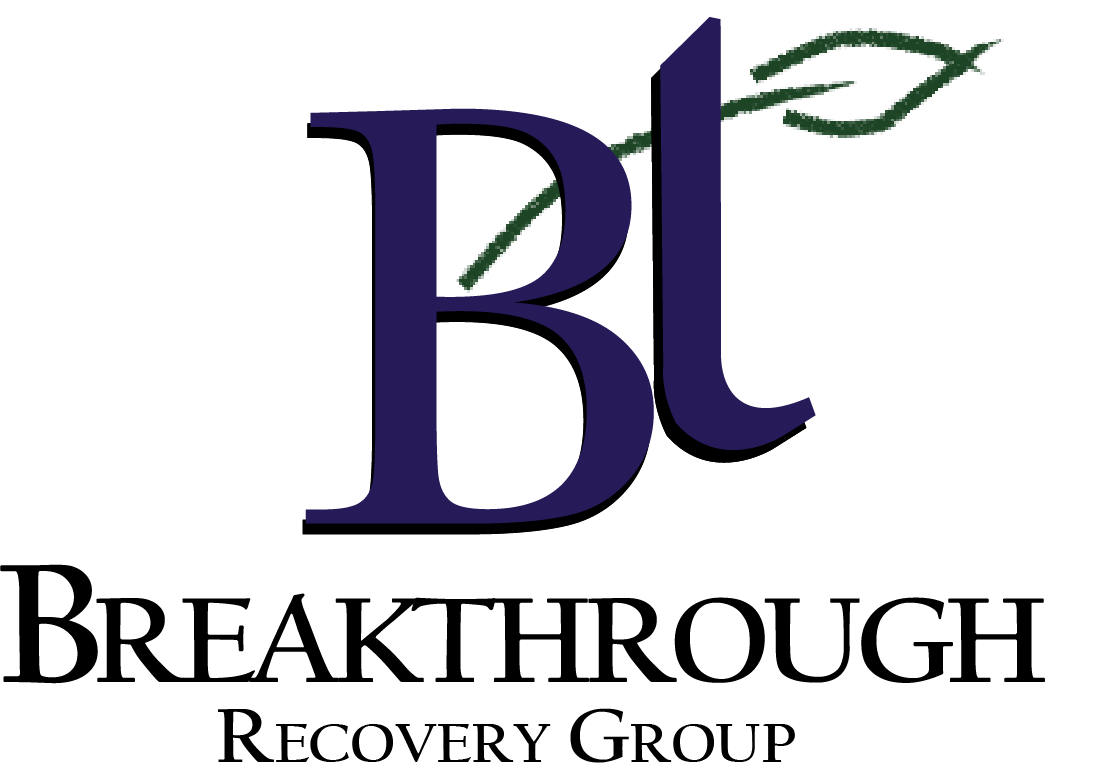
Exploring Rehabilitation Options Close to Home
In the heart of the scenic Pacific Northwest, Spokane, Washington offers a blend of natural beauty and urban amenities, creating a conducive environment for recovery and rehabilitation. As someone passionate about facilitating healing, I believe that the setting can play a pivotal role in the recovery process. The serene landscapes surrounding Spokane enhance the therapeutic experience, providing a peaceful backdrop for individuals seeking rehabilitation.
Spokane, Washington rehabilitation centers cater to a diverse range of needs, ensuring that individuals receive the support they require. From addiction treatment facilities to mental health services, these centers are equipped to address various aspects of rehabilitation. This diversity in service offerings means there is likely a program that fits the unique needs of each individual.
Personalized Care Approaches
At BTRG Spokane, we understand that each person’s journey to recovery is unique, and we prioritize developing personalized treatment plans. We embrace the philosophy that healing is not a one-size-fits-all process, thus our therapists work collaboratively with clients to understand their specific challenges and goals. This client-centered approach ensures that individuals feel supported and understood throughout their recovery journey.
Our team utilizes evidence-based techniques, including cognitive-behavioral therapy and trauma-informed care, to tailor interventions to each client’s needs. These techniques not only address the symptoms but also help clients develop skills to manage their triggers and build resilience. By integrating these strategies into our treatment plans, we empower clients to take charge of their recovery paths.
In addition to traditional therapeutic methods, we offer experiential therapies such as art and music therapy. These creative outlets provide clients an alternative way to express their feelings and gain insights into their recovery process. By incorporating various modalities, we enhance the therapeutic experience and support holistic healing.
The Role of Community Support
The sense of community in Spokane plays a critical role in the rehabilitation process. Community support can significantly impact an individual’s recovery by providing a network of understanding and encouragement. At BTRG Spokane, we foster a community-focused environment where clients can build connections with others who share similar experiences. These relationships often become a vital source of support and motivation.
In addition to the internal community within our programs, we also connect clients with external support groups and resources in the Spokane area. Local organizations and peer groups offer ongoing encouragement and accountability, helping individuals maintain their progress long after they complete their treatment program.
Navigating Common Challenges
The journey to recovery is fraught with challenges, and it’s crucial to anticipate and address these obstacles effectively. One significant hurdle that individuals often face is overcoming the stigma associated with seeking rehabilitation. At BTRG Spokane, we strive to create a stigma-free environment where clients feel safe and accepted. By promoting awareness and educating the community, we work towards reducing the barriers that prevent individuals from seeking help.
Another common challenge is the fear of the unknown and uncertainty about the rehabilitation process. Providing clients with clear information about what to expect can alleviate some of these fears. We offer comprehensive orientation sessions to familiarize clients with our programs, staff, and the therapeutic approaches we employ. This transparency helps establish trust and sets a positive tone for the recovery process.
Outpatient vs. Residential Care
Choosing between outpatient and residential care is a critical decision in the rehabilitation process. Outpatient care offers flexibility and allows individuals to maintain their daily responsibilities while attending therapy sessions. It is often suitable for those with less severe symptoms or who have completed a residential program. On the other hand, residential care provides a structured environment with 24-hour supervision, which can be beneficial for individuals requiring more intensive support.
At BTRG Spokane, we help clients assess their needs and determine the appropriate level of care. We recognize that transitioning between outpatient and residential care can be a strategic move, depending on the client’s progress and evolving needs. Offering both options ensures that we can provide continuous support regardless of the stage of recovery.
Inclusive and Accessible Care
Accessibility and inclusivity are at the forefront of our mission. We are committed to serving clients from diverse backgrounds, understanding that cultural competence is essential in providing effective care. Our team receives ongoing training to enhance their cultural awareness and sensitivity, ensuring that every client feels respected and valued.
We also endeavor to make our services financially accessible by working with various insurance providers and offering flexible payment plans. This ensures that financial constraints do not become a barrier to receiving necessary care and support. By prioritizing accessibility, we aim to create an environment where everyone in need can begin their recovery journey.
Therapeutic Techniques in Focus
Our therapeutic techniques are grounded in the latest research and best practices in the field of mental health and rehabilitation. Cognitive-behavioral therapy (CBT) is a cornerstone of our approach, as it helps clients reframe negative thought patterns and develop healthier coping mechanisms. CBT is versatile, allowing us to address a wide range of issues, including anxiety, depression, and substance abuse.
In addition to CBT, we incorporate dialectical behavior therapy (DBT), especially when working with clients who experience intense emotions or engage in self-harming behaviors. DBT provides clients with tools to regulate emotions, manage distress, and improve interpersonal relationships. These skills are crucial for fostering long-term recovery and mental wellness.
Importance of Continuous Support
Recovery is an ongoing process, and continuous support is vital for sustained success. At BTRG Spokane, we emphasize the importance of aftercare planning to ensure clients have the resources and support they need post-treatment. Aftercare can include ongoing therapy sessions, support group participation, and regular check-ins with our team.
We also encourage clients to engage with community resources and build a support network that extends beyond our center. By maintaining connections and continuing their therapeutic journey, clients increase their chances of achieving long-term stability and sobriety.
Client Success Stories and Feedback
Hearing success stories from past clients is one of the most rewarding aspects of our work at BTRG Spokane. These stories of transformation and resilience are a testament to the effectiveness of our programs and the dedication of our clients. Many individuals who have completed our programs report significant improvements in their mental health and overall quality of life.
We also place great importance on client feedback to continually improve our services. By actively seeking input from our clients, we can refine our programs and ensure we are meeting their needs effectively. This feedback loop is crucial for maintaining the high standard of care that we are committed to providing.

What are some common misconceptions about Spokane Washington rehabilitation centers?
One common misconception is that rehabilitation centers are only for substance abuse treatment. In Spokane, our facilities cater to a wide range of needs, including mental health therapy, trauma recovery, and family counseling. Another misconception is that rehab is a one-size-fits-all solution; however, we emphasize personalized care customized to each individual’s journey. Additionally, some might believe that rehab centers lack empathy, but our approach at BTRG Spokane is built on compassion and understanding, ensuring our clients feel supported and respected.
What are the benefits of choosing a rehabilitation center in Spokane compared to other areas?
The natural beauty and serene environment of Spokane provide a peaceful setting conducive to healing and recovery. This tranquil backdrop can significantly enhance the therapeutic process, helping clients feel more at ease and focused on their recovery. Moreover, Spokane offers a strong sense of community and numerous local support resources, which play a critical role in sustaining long-term recovery. By choosing a rehabilitation center here, clients gain access to a comprehensive support system that extends beyond the center itself.
How does BTRG Spokane integrate community support into its rehabilitation programs?
At BTRG Spokane, we believe that community support is essential for successful recovery. We foster a sense of community within our programs, helping clients build relationships with others who share similar experiences. These connections often provide critical support and motivation. Additionally, we connect clients with external organizations and peer groups in the Spokane area, offering ongoing encouragement and accountability. These extended networks empower clients to maintain their progress after completing their treatment with us.
How much does it cost a person on average for inpatient rehabilitation in the state of Wisconsin?
While our focus is on rehabilitation in Spokane, we understand cost concerns are common. In Wisconsin, the average cost for inpatient rehabilitation can vary widely, typically ranging from $5,000 to $30,000 for a 30-day program. Factors that affect cost include the level of care, location, and the services provided. We recommend consulting with specific facilities to obtain a precise estimate and exploring insurance coverage options where applicable.
What happens at a rehab facility?
Generally, rehab facilities provide structured environments designed to support recovery through various therapeutic methods. At BTRG Spokane, clients undergo a thorough assessment to develop personalized treatment plans tailored to their needs. Our programs typically include individual and group therapy sessions, educational workshops, and skill-building activities. We focus on holistic healing, integrating evidence-based therapies with experiential approaches like art and music therapy. The goal is to equip clients with the tools needed to manage their challenges and maintain recovery.
What is a rehab treatment center?
A rehab treatment center is a facility that offers structured programs and support for individuals seeking to overcome challenges such as addiction, mental health issues, or behavioral disorders. These centers provide a range of therapeutic services, creating an environment where individuals can focus on healing and personal growth. At BTRG Spokane, our rehab treatment services emphasize personalized care and evidence-based practices, ensuring every client receives the support they need to succeed on their recovery journey.
What therapeutic techniques are emphasized at BTRG Spokane?
We prioritize evidence-based therapeutic techniques such as cognitive-behavioral therapy (CBT) and dialectical behavior therapy (DBT). CBT helps clients address negative thought patterns and develop healthier coping mechanisms, while DBT focuses on emotional regulation and interpersonal skills. We also incorporate experiential therapies, offering creative outlets like art and music therapy to enhance the healing process. By combining these methods, we aim to provide comprehensive support tailored to each client’s unique needs.
Why is personalized care important in rehabilitation, and how does BTRG Spokane implement it?
Personalized care recognizes that each individual’s path to recovery is unique. At BTRG Spokane, we implement personalized care by crafting tailored treatment plans based on a comprehensive assessment of each client’s challenges and goals. Our therapists work closely with clients throughout their journey, ensuring that the strategies and interventions we employ are aligned with their evolving needs. This approach not only enhances the effectiveness of treatment but also empowers clients to take an active role in their recovery.
How do Spokane rehabilitation centers address the stigma associated with seeking help?
Addressing stigma is a critical component of fostering a supportive environment for recovery. At BTRG Spokane, we create a stigma-free atmosphere by promoting awareness and education, both within our facilities and the broader community. We aim to reduce the barriers that prevent individuals from seeking help by encouraging open conversations about mental health and rehabilitation. This commitment to destigmatization ensures that clients feel safe and accepted throughout their treatment, which is vital for effective recovery.
Resources
- Substance Abuse and Mental Health Services Administration (SAMHSA) – SAMHSA is the leading agency in the United States for improving the quality and availability of substance abuse prevention, addiction treatment, and mental health services.
- National Alliance on Mental Illness (NAMI) – NAMI is the largest grassroots mental health organization in the United States, dedicated to building better lives for the millions of Americans affected by mental illness.
- National Institutes of Health (NIH) – NIH is the primary agency for conducting and supporting medical research and is a valuable resource for information on various health topics, including addiction and mental health.
- Centers for Disease Control and Prevention (CDC) – The CDC is a leading national public health institute in the United States, providing information on health, safety, and well-being, including resources on substance abuse and mental health.
- MentalHealth.gov – MentalHealth.gov is a resource provided by the U.S. Department of Health & Human Services, offering information on mental health disorders, treatment options, and how to get help.




